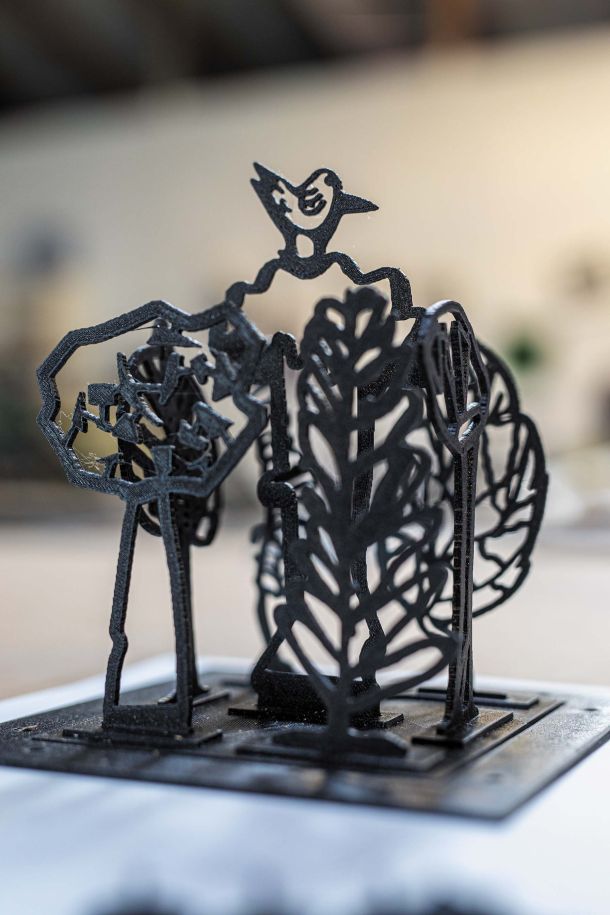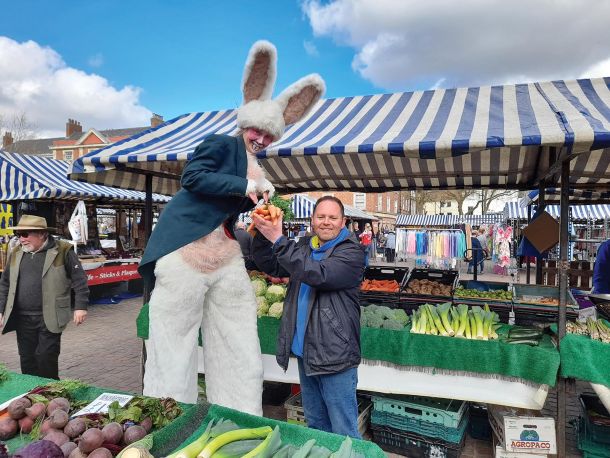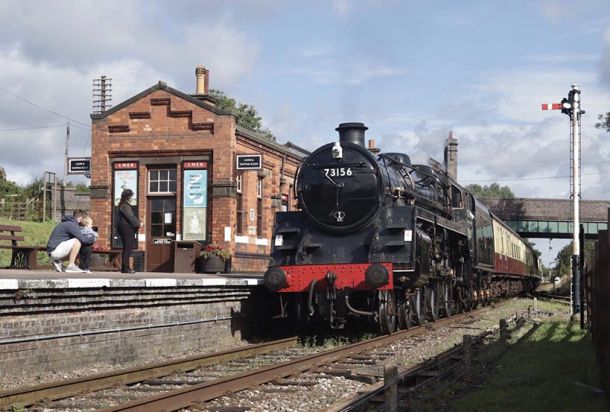Good News For Water Voles
So accustomed have we become to ‘doom and gloom’ announcements and proclamations relating to wildlife, our natural environment and the negative impacts of climate change that it can be difficult for those of us with a passion for nature and the countryside to remain hopeful for the future. Thankfully, a major new project designed to bring water voles back from the brink right here in Nottinghamshire provides more than a glimmer of hope.
The endearing and once ubiquitous water vole, made famous, albeit incorrectly labelled, as the much loved ‘Ratty’ from the charming Wind in the Willows story is sadly widely acknowledged as the UK’s fastest declining mammal. The most recent surveys for the species in Nottinghamshire found that they were absent or had a significantly reduced range in areas where they had previously been recorded. This worrying local evidence, when combined with continued pressure on water vole populations across the UK which has resulted in their recent extinction in some English counties, makes it clear that urgent action is required to prevent these important and charismatic creatures being lost from our county.
Now, thanks to a grant of just shy of half a million pounds from Natural England’s Species Recovery Programme Capital Grant Scheme, Nottinghamshire Wildlife Trust, which helped coordinate the first county-wide survey for the species back in the late 1990s, will kick start an ambitious project to restore water vole populations across three key areas, Erewash, Idle Valley and Sherwood. The funding will be invested in measures to restore and create vital wetland habitat to support water voles and other species, boosting water vole numbers at our Idle Valley Nature Reserve and a focussed and coordinated programme of mink control across 900 hectares of wetland habitat and more than 50km of rivers. Habitat creation will include 40 specially designed ponds and improvements to at least 10km of riverside habitats including new reedbeds with networks of deeper ditches suitable for water voles to feed and to create nests.
In addition to focussing on habitat and boosting water vole numbers we must also tackle other causes of the water voles’ decline head on and there is no escaping the fact that predation by non-native American mink has been devastating. Since escaping or being intentionally freed from fur farms back in the 1950s and 1960s, mink have has become well established across the UK – leaving a trail of destruction in their wake. Its carnivorous nature means it poses a threat to the water vole as well as other native species including ground-nesting birds such as terns. Mink are good swimmers and females are small enough to enter the water-line burrows of water voles and take their young. Fiercely territorial mink often construct dens close to the water and the females have one litter of four to six kittens a year adding further pressure on native species.
Whilst predators are a natural part of any ecosystem, the evidence that mink have caused an imbalance is stark and clear. Put simply, they shouldn’t be here. Because they don’t have any effective natural predators themselves, without urgent action the future for water voles in our county is bleak and we risk losing this much-loved species forever. No one comes into nature conservation to kill, but such is the plight of the water vole that we have a duty to act – and this is why we’ll be controlling mink numbers.
One of the most exciting aspects of the project is reintroduction of water voles at our Idle Valley Nature Reserve, on the outskirts of Retford, where there is little chance of natural recolonisation. This will involve the creation of a water vole ‘Ark’ site within the 58-hectare enclosure created back in 2021 to enable beavers to be reintroduced to the county. Our beaver enclosure, which is already facilitating the restoration of wetland habitats to benefit a wide range of species, provides a unique setting to establish a healthy and thriving water vole population which in time will disperse across the whole 375 hectares of the reserve, by far the largest in our care, and into the River Idle and beyond.
The Trust expects the project to provide the foundations for a county-wide recovery programme for water voles in the years ahead. It is hoped that as well as reversing the plight of water voles, this significant investment will benefit other threatened species including bittern, sedge warbler, harvest mouse, otter, nathusius pipistrelle and common tern – now that must be good news.
Afternoon Tea – a great way to round off a visit to Idle Valley Nature Reserve
For anyone visiting the Idle Valley Nature Reserve, our welcoming centre with its café and shop is an ideal place to start your visit. The friendly team of staff and volunteers based at the southern end of the site, off North Road, are ready to welcome you! Now that there’s the option of enjoying a proper Afternoon Tea whilst taking in the spectacular views of Belmoor Lake, the centre makes an equally great place to finish a trip too. The bright and airy café menu already offers a range of savoury snacks and lunch options as well as a great selection of cakes and sweet treats – but the new ‘mini’ Afternoon Tea is a great addition. With a selection of finger sandwiches along with the traditional scones, jam and clotted cream and a selection of bite-size cakes – our newest offering hits the spot perfectly – especially is you’ve worked up an appetite with a brisk winter walk. After you’ve sampled the delights of the café you can browse our well-stocked shop, which offers everything from wildlife themed gifts and books to nest boxes and food for wild birds. Whilst in the centre you can also check the information screen for the latest bird sightings, watch footage from our ‘beaver cams’ and download or pick up a map of the reserve. To book your afternoon tea, speak to a member of the team or call 01777 858 245.
Nottinghamshire Wildlife Trust
Tel: 0115 958 8242 E-mail: This email address is being protected from spambots. You need JavaScript enabled to view it.
www.nottinghamshirewildlife.org











